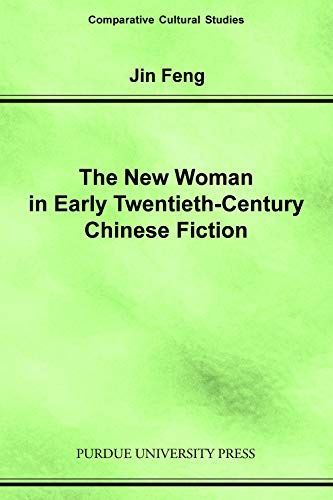
The New Woman in Early Twentieth-century Chinese Fiction
In The New Woman in Early Twentieth-century Chinese Fiction, Jin Feng discusses representations of women in May Fourth fiction, issues of gender, modernity, individualism, subjectivity, and narrative strategy. In this thought-provoking book about a crucial period of Chinese literature, Feng argues that male writers such as Lu Xun, Yu Dafu, Ba Jin, and Mao Dun created fictional women as mirror images of their own political inadequacy, but that at the same time this was also an egocentric ploy to affirm and highlight the modernity of the male author. This gender-biased attitude was translated into reality when women writers emerged. Whereas unfair, gender-biased criticism all but stifled the creative output of Bing Xin, Fang Yuanjun, and Lu Yin, Ding Ling's dogged attention to narrative strategy allowed her to maintain subjectivity and independence in her writings; that is until all writers were forced to write for the collective.